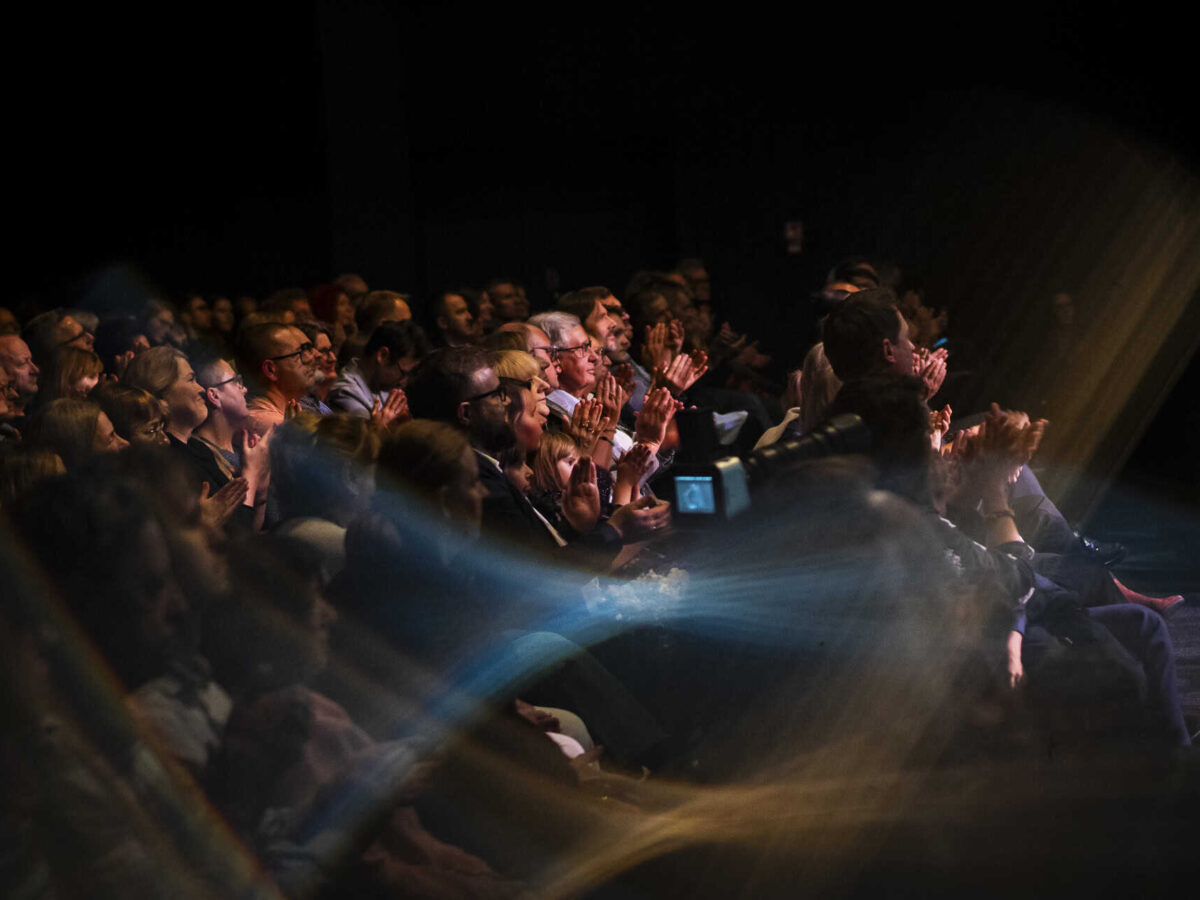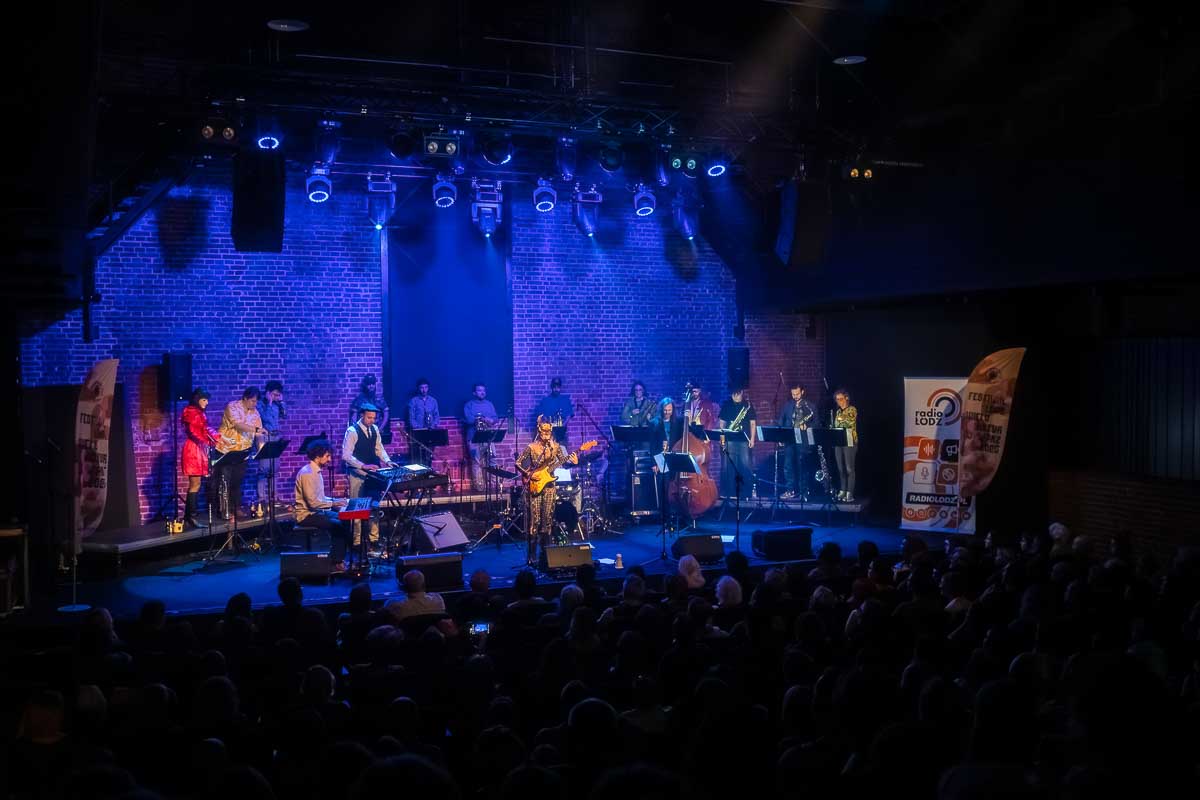
News
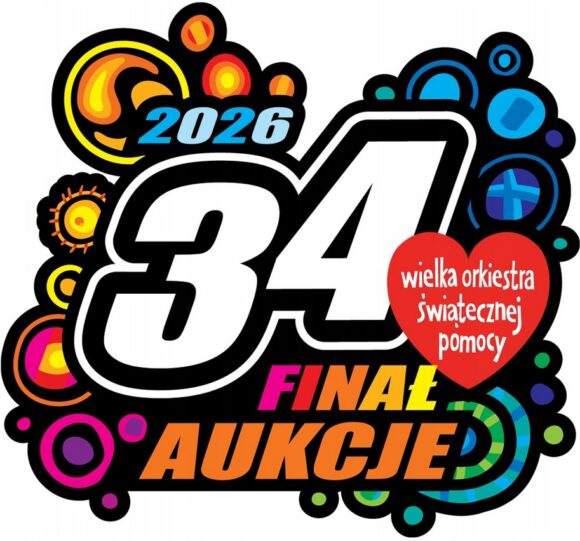
WE’RE PLAYING WITH WOŚP! | Bid for a VIP ticket to the 2026 Festival
We encourage you to participate in the auction of our VIP ticket on the Allegro portal.
The VIP PASS entitles the winner of the auction and one accompanying person to participate in all events of this year’s edition of the Łódź of Many Cultures Festival.
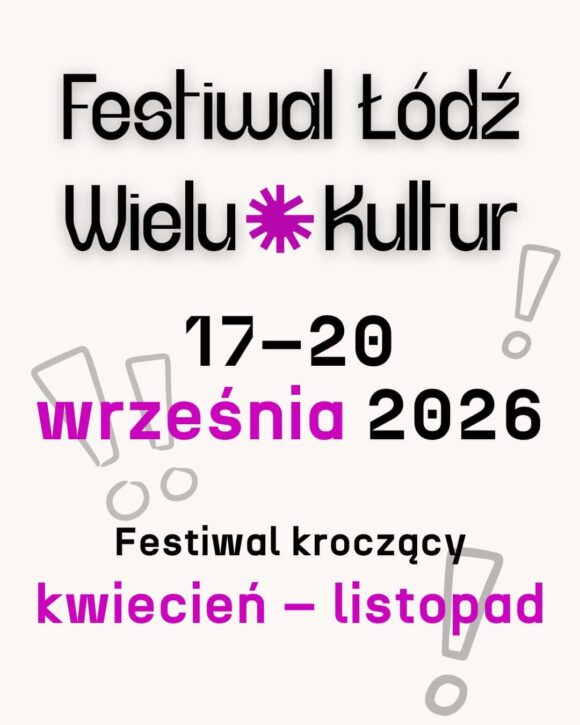
Festival 2026 | NEW DATE!
This year, the Łódź of Many Cultures Festival will have a rolling format (spread out over time). Events will take place from April to November, with the main festival weekend scheduled for 17–20 September 2026!
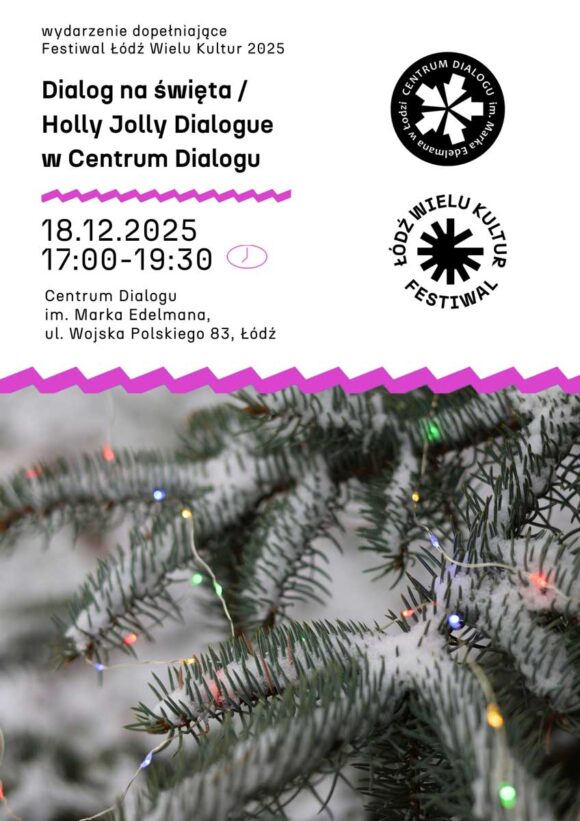
Holly Jolly Dialogue
We invite you to an event complementing the Łódź of Many Cultures Festival and closing this year’s edition. It will be a December afternoon devoted to secular folk Christmas traditions, filled with music, workshops, and storytelling.
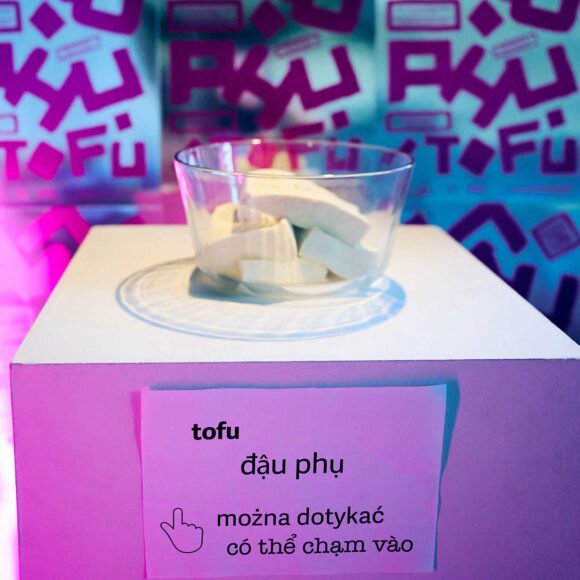
TOFU DAY at the Dialogue Center
The festival is behind us, but that’s not the end of our multicultural story this year. On Saturday, November 15, from 4:00 p.m. to 8:00 p.m., we invite you to Tofu Day at the Dialogue Center! FREE ADMISSION.
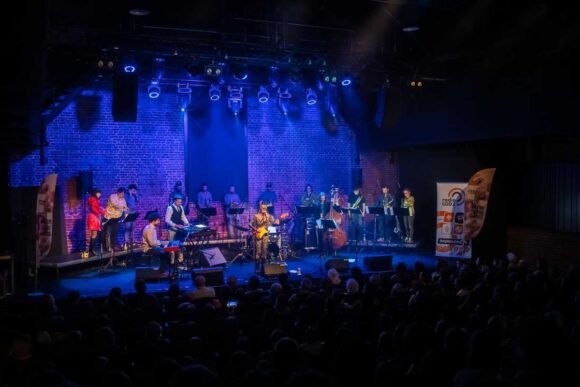
The 2025 edition is behind us. Thank you!
The concert by the Monika Roscher Band at Monopolis marked the end of the Łódź of Many Cultures Festival 2025. On behalf of the Marek Edelman Dialogue Center in Łódź, the main organizer, we would like to express our sincere thanks for your participation and commitment to co-creating this year’s edition of the event.
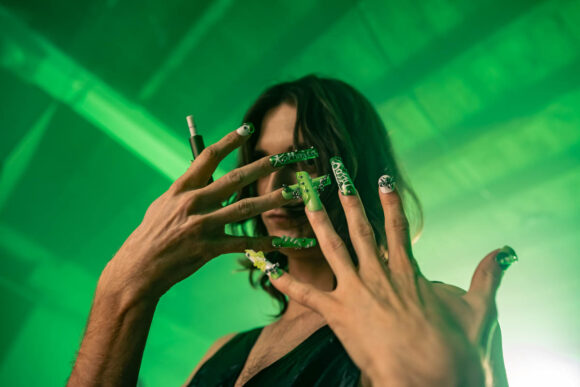
Fuel & Feathers by Slavs & Tatars | photo report weekend #2
We invite you to view another photo report from the artistic event organized by the curatorial collective Slavs & Tatars and Michał Grzegorzek. During the second weekend of the festival, the following artists presented their performances in the industrial spaces of the Biedermann Factory: Kamil Wesołowski and friends, Selin Davasse, Alesia Maisei, Katarzyna Salinger, and […]
